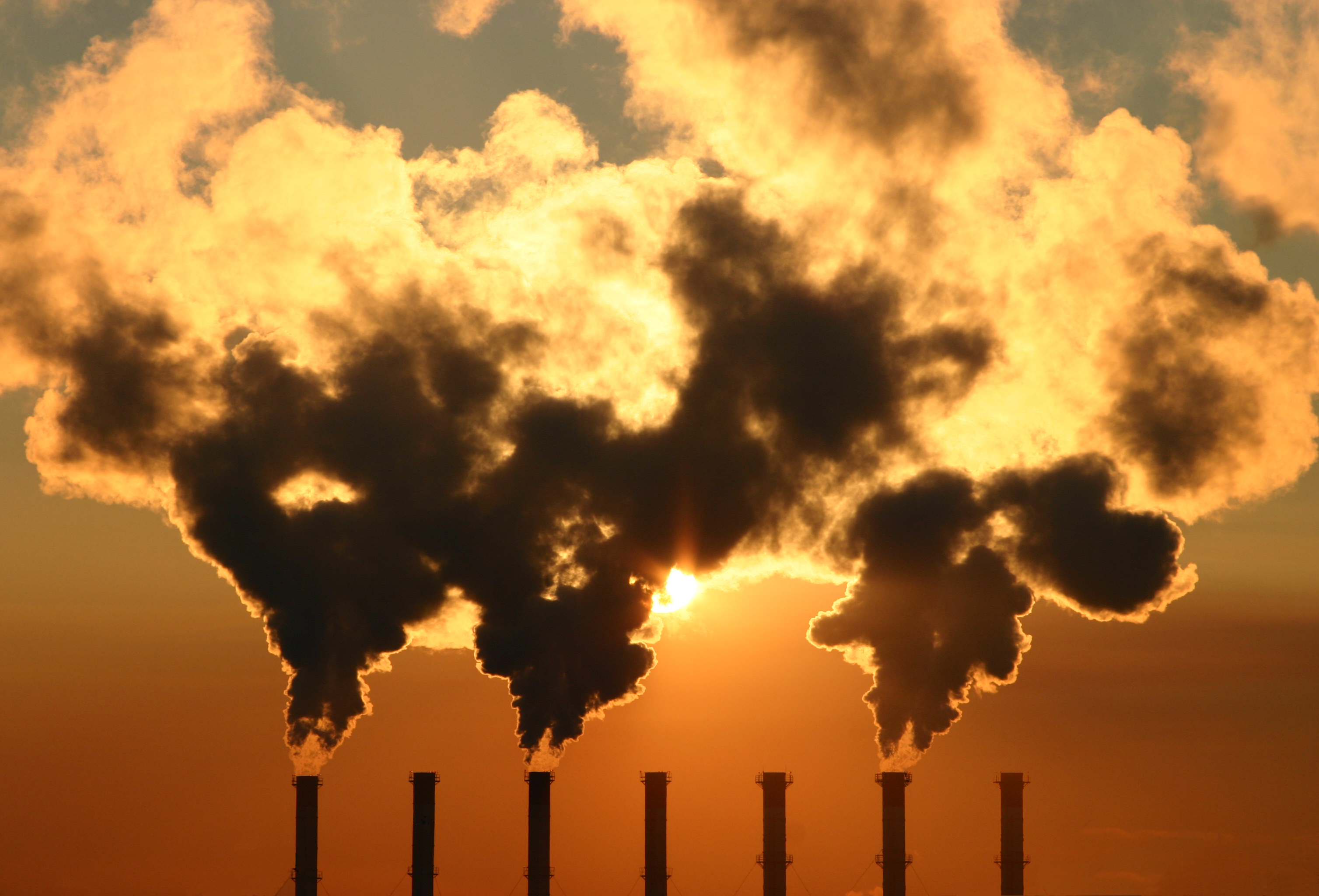Origin says ETS could push coal
 The chief of Origin Energy has said the price of carbon would have to be a great deal higher before the company would think of moving away from coal.
The chief of Origin Energy has said the price of carbon would have to be a great deal higher before the company would think of moving away from coal.
One of Australia's biggest energy providers says it would have to be priced at about $40 a tonne to stop them developing new coal-fired power stations, and that a Government move to shift over to an Emissions Trading Scheme to drop the carbon price would actually be counter-productive for the renewable movement.
Origin Energy's chief executive Grant King has said a low carbon price would lead to future investment in coal rather than gas-powered plants: “A carbon price of more like $40 is necessary to really swing the economics from building coal to gas,” he said, “if the price was always going to be $6 you'd be building coal-fired power stations... insofar as we rely on the carbon price to cause different decisions to be made, we've been very clear through this debate that $20, let alone $6, will not change the decision to build coal instead of gas.”
Mr King spoke out about a number of factors in the Government’s plan to jump a year forward in carbon policy, saying “under the scheme that currently exists and would be further amended by this latest announcement by Government, an increasing amount of permits would be sourced from overseas and that abatement would therefore occur overseas... that's where some quite significant differences in the practical effect of the scheme begin to emerge.”
The chief of one of Australia’s main coal power providers said the plan would affect renewable energy investment too, be believes the "relative costs" to consumers of Australia's renewable energy target (RET), which is 20 per cent by 2020, will rise when the ETS comes in.
“We all do talk about 20 per cent by 2020 but it's actually a real number. It's not 20 per cent, it's a number, 41 terawatt hours. So our current view is that 20 per cent will be more like 27, 28 per cent, of that order... the second thing that will impact on cost to consumers is that as the cost of carbon goes down, consumers will benefit as has been promoted because the cost of energy will go down... the cost of providing renewable energy will remain the same and as a consequence, the relative cost of the RET scheme will increase as carbon prices come down. So in a sense, the relative disadvantage of that scheme increases as the carbon price lowers."
Mr King has warned it is impossible to tell the effects of such policies in the short term, or whether his own prediction will pan out, but he has stressed the need to consider consequences in a decade’s time from decisions made now.







 Print
Print